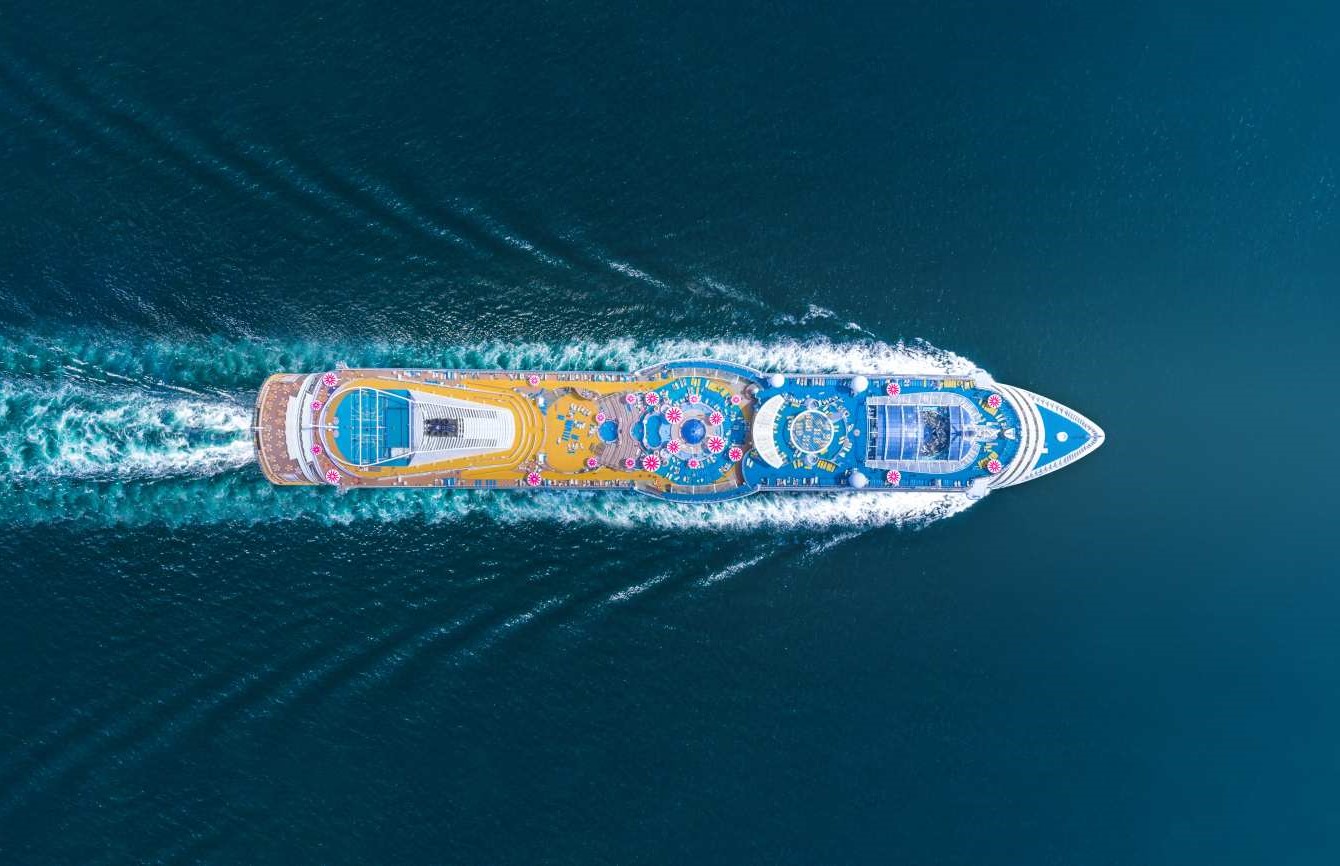Shipping needs to slow down to reach climate targets faster
While OceanCare welcomes the “Declaration on Zero Emission Shipping by 2050” signed on the 1st of November 2021 by 14 countries at the UN Climate Change Conference 2021 (COP26) in Glasgow and the Call to Action for Shipping Decarbonization which was launched a month before and signed by more than 200 leaders and organizations in the maritime transport sector, the declared commitments don’t go far enough.
For sure, the development of zero emission fuels, as promoted in both documents, produced from renewable energy sources, is of great importance. But relying only on the development of new fuels and on technologies to be implemented in new ships won’t lead to achieving the objective set by the International Maritime Organisation of reducing GHG emissions by at least 50% by 2050, and even less reaching zero emissions by 2050 as called for in the Declaration and the Call to Action.
It is alarming that governments and the shipping sector itself continue to ignore and reject measures that can be implemented immediately and are applicable to all vessels currently operating. Energy-saving and energy-efficient operational measures, such as speed reduction, can and should be implemented in the short-term.
It is well known that speed reduction is a measure that has multiple environmental benefits:
- It is likely the easiest and most cost-effective way for saving fuel and reducing GHG emissions.
- It significantly reduces ships’ nitrogen (NOx), sulphur (SOx) and black carbon emissions.
- It reduces underwater noise emissions significantly as well as the risk of collisions with marine megafauna, including whales. In some regions, so called “ship strikes” are one of the major causes of death for large whales. Whale dung is essential for marine oxygen production and whales themselves are considered to be extremely important for carbon sequestration.
Finally, speed reduction measures do not require any technological change and also enable shipowners to reduce their fuel bill.
OceanCare calls on Member States of the International Maritime Organisation (IMO) and shipping companies to fully embrace and support this win-win solution that will be crucial and unavoidable if they really want to live up to their commitments.
At a time when calls are multiplying to “break the silos” and maximize the synergies between the objectives of the various international fora, in particular to achieve commitments regarding biodiversity and climate, all stakeholders have a duty to promote and take measures and actions contributing to multiple environmental agendas.
“It is not too late to slow down, but we need to speed this process up,” says Nicolas Entrup, Co-Director of International Relations at OceanCare.
